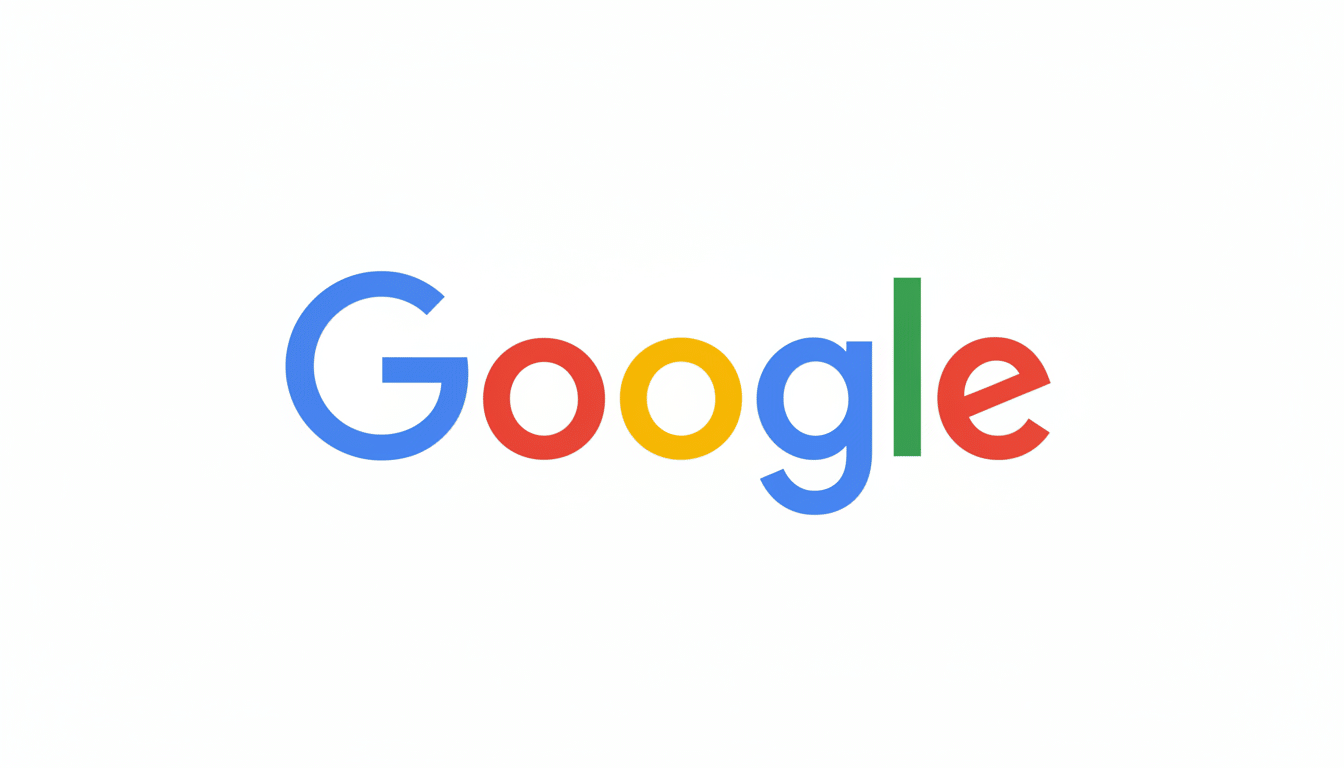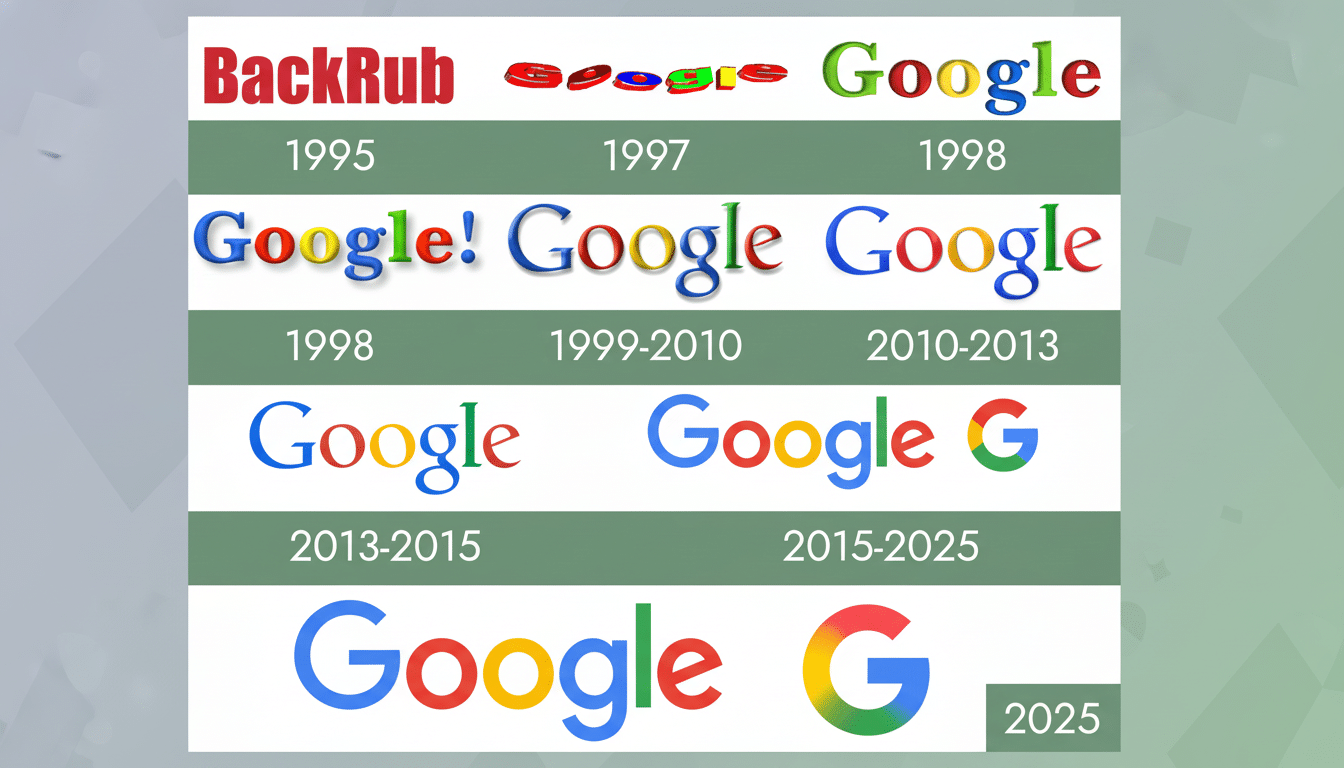Google 2A €2.95 billion penalty — just shy of $3.5 billion — after European Union antitrust regulators ruled the company abused its dominance in digital advertising by promoting its own exchange, AdX, over the industry in its publishers ad server and ad-buying tool. The conduct, and that of its adtech supply chain, must cease now,” the European Commission added in also telling the company to fix the problem and root out conflicts of interest on the adtech supply chain within 60 days.
What the EU says Google did
The commission found that Google has used its power in multiple layers of the programmatic stack — publisher ad serving, exchange and demand tools — to direct trades toward its own marketplace. Google gave AdX informational and transactional advantages over other exchanges and suppressed competition for publisher inventory through its ad server and buying tools, investigators found.

Self-preferencing here isn’t a switch; it’s how auctions are run, who gets to see which data, and which pipes get connected first. European officials contended that options embedded in Google’s stack effectively steered real-time bidding in AdX’s direction, preventing publishers and advertisers from obtaining the best price or from channeling demand to other sites.
The findings are largely in line with years of warnings from regulators and industry groups. The CMA in the UK had previously estimated that Google controlled more than 90% of the publisher ad server market and had significant influence over exchanges and demand-side technology. France’s Autorité de la concurrence fined Google in 2021 for adtech practices and secured commitments on interoperability and auction design.
Google plans to appeal
A company spokesman suggested that an appeal was in the works, telling reporters, according to The Wall Street Journal, that giving services to both buyers and sellers was routine in finance and tech, and that advertisers and publishers had numerous alternatives. Appeals in significant E.U. competition cases frequently take years, and fines are usually kept in an escrow account while courts they are analyzed for their substance and remedies.
Google has contended that innovations like header bidding, the emergence of competing supply-side platforms and the expansion of retail media networks show vigorous competition. The Commission rebuts that neutrality cannot simply be presumed when a single entity controls the critical rails as well as the market itself.
Beyond the money: fixes that sting
The order goes beyond just a fiduciary assessment. The EU’s capital, Brussels, now calls on Google to stop self-preferencing and adopts changes to address inherent conflict between its ad server, exchange and demand businesses. And in EU antitrust practice, that usually equates to behavioral obligations — auction neutrality, access to data signals, interconnection not discriminatory — often with independent monitoring.

Structural separation is a rare remedy in EU competition enforcement, but the Commission has said in previous cases that break-ups may be on the table if behavioural remedies fall short. The move also comes as the Digital Markets Act prohibits some self-preferencing by designated gatekeepers. Antitrust remedies and DMA obligations will likely be closely coordinated to guarantee continued compliance throughout the adtech stack.
What this might mean for publishers and advertisers
For publishers, neutral ad server and exchange routing could open up access to competing demand, offering the potential to improve yield. The French antitrust authority found early signs of improved interoperability under Google’s commitments in 2021, and European publisher groups have called for further guarantees that auction mechanics and latency do not favor any one marketplace over the other.
Ad buyers could win with more transparent and competitive auctions that make it less likely that media dollars will be directed by vertically integrated incentives. Industry bodies such as IAB Europe have lobbied for more transparency and auditability of data flows in programmatic trading — an arena which the Commission can be expected to beeyeing as part of any compliance efforts.
Global ripple effects
The E.U. decision comes on top of parallel probes and lawsuits. The U.S. Department of Justice has demanded structural relief in its adtech case, saying that operating both the exchange and the tools that trade on it distorts competition. The UK CMA is also still looking at remedies for competition in digital advertising and Australia’s ACCC has proposed new powers to address dominance in adtech middlemen.
Collectively, the direction is evident: Regulators care about “the plumbing” of digital ads, not just market share in isolation. If the order leads to more neutral auction mechanics and signal access along the chain, the downstream impact could be greater than the headline fine — basically remapping the routing of billions of euros in European advertising each day.

